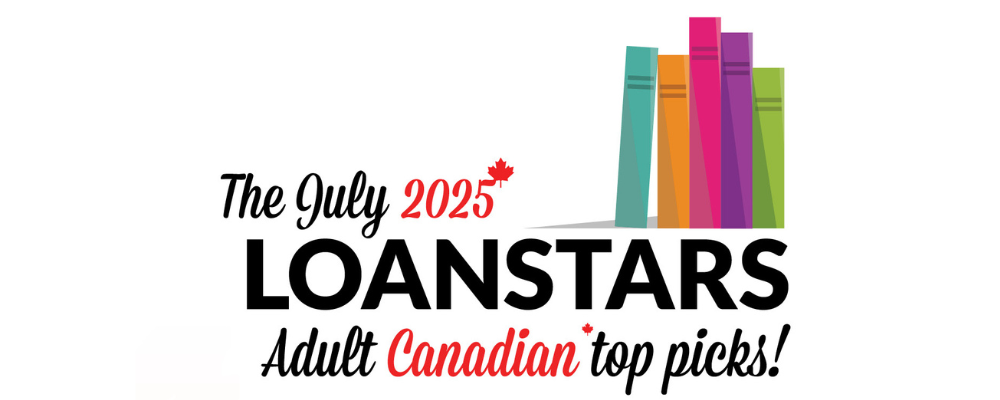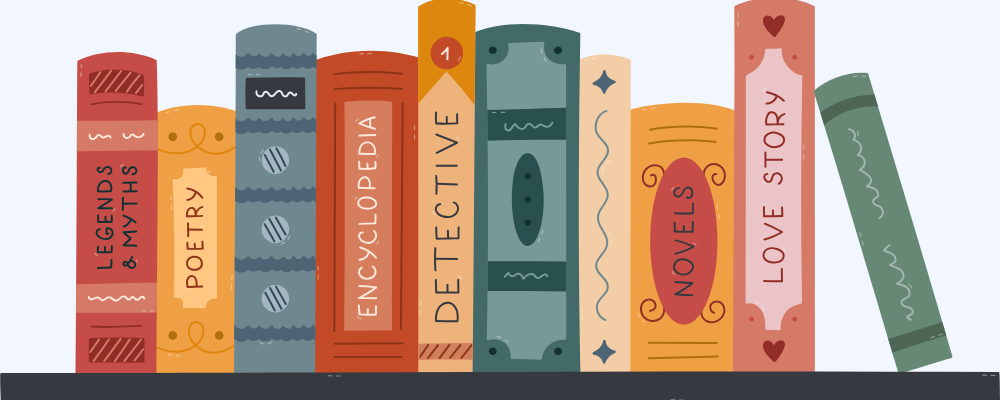It's been two eventful years since we published our last study on audiobook listening in Canada, so we've published updated stats on consumer habits and preferences in Readers Are Listening: Audiobook Use in Canada 2018. We share some highlights from the free report in this month's episode and discuss recent work being done to support the expansion of audiobook production in Canada, including a new initiative between Audible and Ryerson University.
“The majority of respondents consume one to five audiobooks in a year, which is an increase from 2016 and may signal that more readers are trying out audiobooks for the first time.”
Want to make sure you never miss an episode of the podcast? You can subscribe for free on iTunes, Stitcher, Pocket Casts, TuneIn, or SoundCloud.
Further reading
The State of Digital Publishing in Canada
Readers Are Listening: Audiobook Use in Canada 2018
Livres Canada Books' The Global Audiobook Market (2018)
Transcript
Zalina Alvi: Hello and welcome to the BookNet Canada Podcast. I'm Zalina Alvi.
Ainsley Sparkes: And I'm Ainsley Sparkes.
ZA: And this month we're talking about audiobooks.
AS: You may remember our June episode that shared some highlights from our latest State of Digital Publishing in Canada report. In that episode, we mentioned that the number of Canadian publishers producing audiobooks has quadrupled between 2015 and 2017, with 61% now cranking out audio content to meet demand. And 73% expect audiobook sales to increase in the coming year.
ZA: With all this increased attention around audiobooks, we decided to refresh our studies on audiobook listening from 2014 and 2016 with an updated edition for 2018. The new study, which is called Readers Are Listening, looks into how Canadian audiobook listeners discover, purchase, and use audiobooks.
AS: So what did we find? To start, the majority of respondents consume one to five audiobooks in a year, which is an increase from 2016 and may signal that more readers are trying out audiobooks for the first time.
ZA: We can also tell you that the average audiobook listener identifies as female, is between 25 and 34, and listens to audiobooks one to several times a week.
AS: Audiobook listeners don't just stick to audio, though. 38% of audiobook listeners say that they read the same book in multiple formats. When they do choose audio over print or ebooks, it's usually because they can listen while doing other things, so they can read more books, and because they like being read to.
ZA: When it comes to finding books to listen to, one in three listened to a sample before purchasing an audiobook. And almost all listeners report that it's usually or sometimes easy to find titles they want to listen to in audio format. So the efforts of publishers to ramp up their audiobook production seem to have paid off.
AS: In terms of acquisition, the three most popular ways are online from a retailer, downloading or streaming for free from the internet and apps, and through public library apps such as Libby, which is the OverDrive app, and Hoopla. One out of four respondents use subscription or rental services such as Audible, Audiobooks.com, and Kobo.
ZA: And what are they listening to? The most popular audiobook subject is science fiction and fantasy, followed by mysteries, thrillers, romance, and memoirs.
AS: So that's a quick rundown of some of the highlights from the report, but there's lots more on narrators, what devices they're using, direct quotes from the listeners themselves, and more in the full, free study available on our website. You can find it at booknetcanada.ca or check the show notes for a link.
ZA: With so much action in the audiobook landscape these days, it's no surprise that the industry is working hard to help publishers and retailers meet demand and take advantage of this growth. eBOUND Canada, a not-for-profit organization that's dedicated to advancing Canadian publishers’ engagement in the digital marketplace, has been ramping up its support in this area by helping publishers produce digital audiobooks.
AS: Livres Canada Books also just published a report on the Global Audiobook Market, which was written by Forte Business Consulting’s Michael Desrosiers and Michele Cobb, who happens to be the Executive Director of the Audio Publishers Association in the US. The report mentions that the global audiobook market is valued at approximately three and a half billion dollars and growing.
ZA: They also found that the global audiobook user tends to be young. 52% are between the ages of 18 to 44, though this is even higher in Canada, where 74% of audiobook listeners are between 18 and 44. This is a heartening fact for the future of the audiobook industry as their report notes, "[o]nce you become an audiobook user, you typically continue, which means more purchases over the lifetime of the customer."
AS: The full report offers information for publishers on what to consider when making an audiobook, distribution and sales opportunities, how authors and agents are handling audio rights, and international market profiles. We'll include a link to that paid report in the show notes as well since it's well worth checking out.
ZA: Audible and Ryerson University just announced a new joint initiative that will see the audiobook retailer invest 12 million dollars over the next three years to fund a performance training facility, companion sound studio, and an annual scholarship fund at the school. The goal of the partnership is to develop, amplify, and celebrate Canadian writers and voices in both English and French. Charles Falzon, an associate professor at Ryerson's School of Media and Dean of the Faculty of Communications and Design, spoke with us about the initiative and how it's going to support audiobook production in Canada.
Interview with Charles Falzon.
ZA: Thanks to Charles for speaking with us. If you're interested in learning more about the initiative, or any of the other projects and reports we've mentioned in the episode, you can find lots of links in the show notes.
AS: Thanks to the Government of Canada for their support through the Canada Book Fund for this project. And of course thanks to you for listening.














Tips on providing appropriate keywords in your metadata.